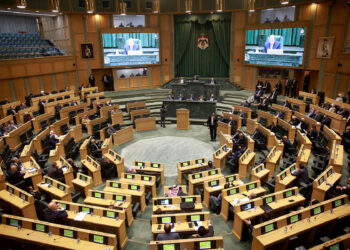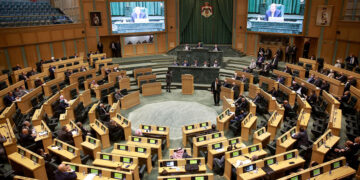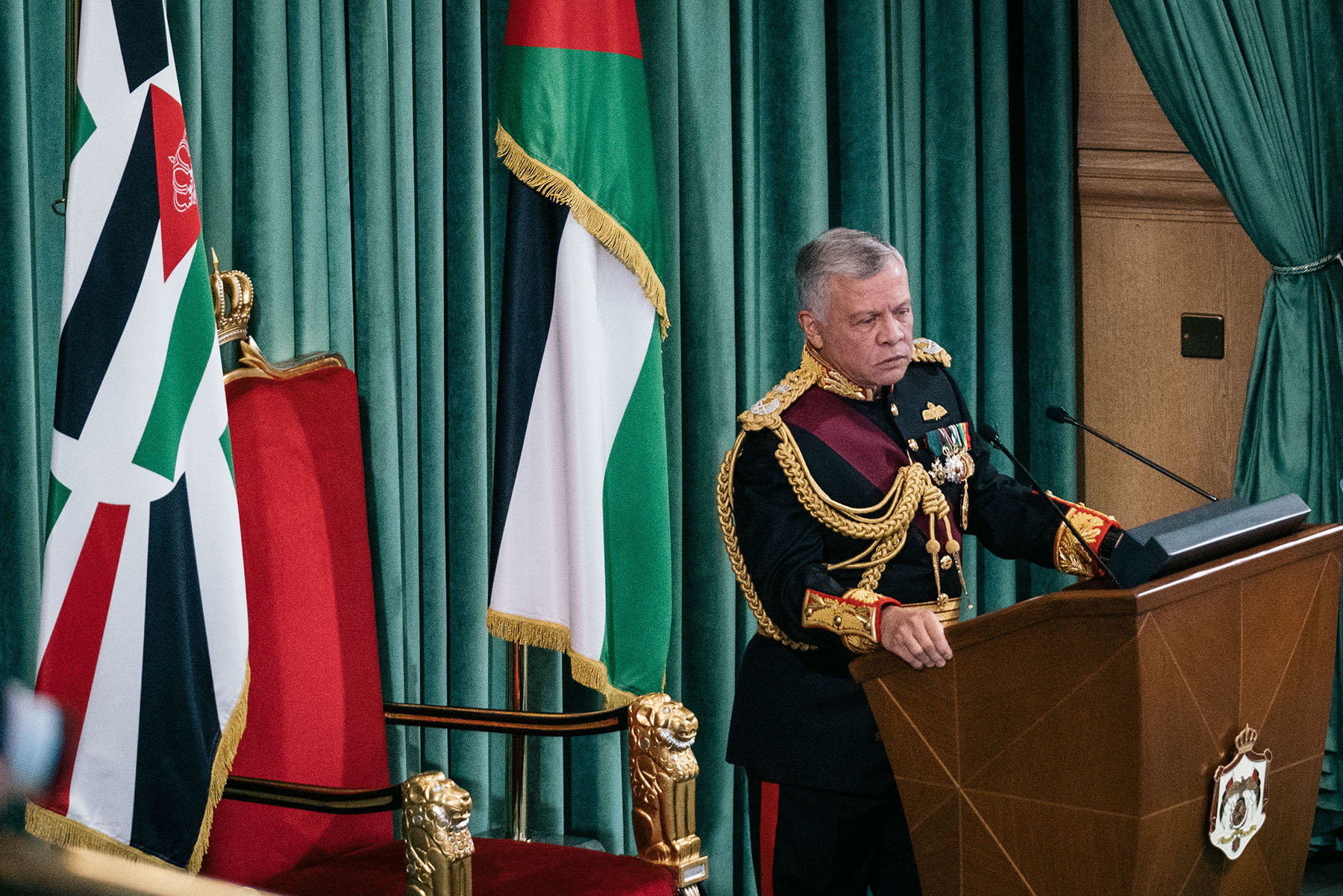Saudi Authorities Escalate Repression with Series of Extreme Prison Sentences for Political Expression
(Washington D.C., August 30, 2022) – Saudi authorities have sentenced Nourah bint Saeed al-Qahtani to 45 years in prison after the Specialized Criminal Court convicted her of "using the Internet to tear the [country's] social fabric" and "violating the public order by using social media" under the Counter-Terrorism Law and Anti-Cyber Crime Law, according to a court document received by Democracy for the Arab World Now (DAWN) and verified by Saudi sources, said DAWN.
"Only weeks after this month's shocking 34-year sentence of Salma al-Shehab, al-Qahtani's 45-year sentence, apparently for simply tweeting her opinions, shows how emboldened Saudi authorities feel to punish even the mildest criticism from its citizens," said Abdullah Alaoudh, Director of Research for the Gulf Region at DAWN. "It is impossible not to connect the dots between Crown Prince Mohammed bin Salman's meeting with President Biden last month in Jeddah and the uptick in the repressive attacks against anyone who dares criticize the Crown Prince or the Saudi government for well-documented abuses."
According to a court document and information obtained by DAWN, the Appellate Division of the Specialized Criminal Court issued the sentence against al-Qahtani in August, likely within the last week, for "breaking the social fabric in the Kingdom" by criticizing Saudi rulers, and for "producing, and storing of materials impinging on public order and religious values."
This ruling followed the sentencing of Salma al-Shehab, a University of Leeds doctoral student, to 34 years in prison on August 9, 2022 for having a Twitter account and for retweeting and following Saudi dissidents and human rights activists. In that case, the Appellate Division of the Specialized Criminal Court increased the lower court's eight-year sentence to 34 years, finding that the original sentence did not achieve sufficient "restraint and deterrence."
Much less is known about Nourah al-Qahtani and DAWN is continuing to investigate her case.
The Specialized Criminal Court has jurisdiction over terrorism and security-related cases through an overly broad and vague Counter-Terrorism Law. Human rights organizations and UN bodies have repeatedly criticized the Counterterrorism Law and the Anti-Cyber Crime Law for allowing the government to repress Saudi citizens and undermine human rights. Both laws are purposely vague to give Saudi authorities maximum discretion with little to no accountability for overreach. Article 6 of the Anti-Cyber Crime Law prohibits the "production, preparation, transmission, or storage of material impinging on public order, religious values, public morals, or privacy, through an information network or computer." Similarly, Article 1(a) of the Counter-Terrorism Law defines the crime of terrorism to include acts that "disturb public order" and "endanger national unity." The Counter-Terrorism Law excludes guaranteed protections found within Saudi Arabia's 2013 Law of Criminal Procedure. The Law of Criminal Procedure limits pretrial detention to six months, while the Counter-Terrorism Law allows for indefinite pretrial detention at the discretion of the prosecutor.
"In both the al-Shebab and al-Qahtani cases, Saudi authorities have used abusive laws to target and punish Saudi citizens for criticizing the government on Twitter," said Alaoudh. "But this is only half the story because even the Crown Prince would not allow such vindictive and excessive sentences if he felt that these actions would be met by meaningful censor by the United States and other Western governments. Clearly, they are not."






































